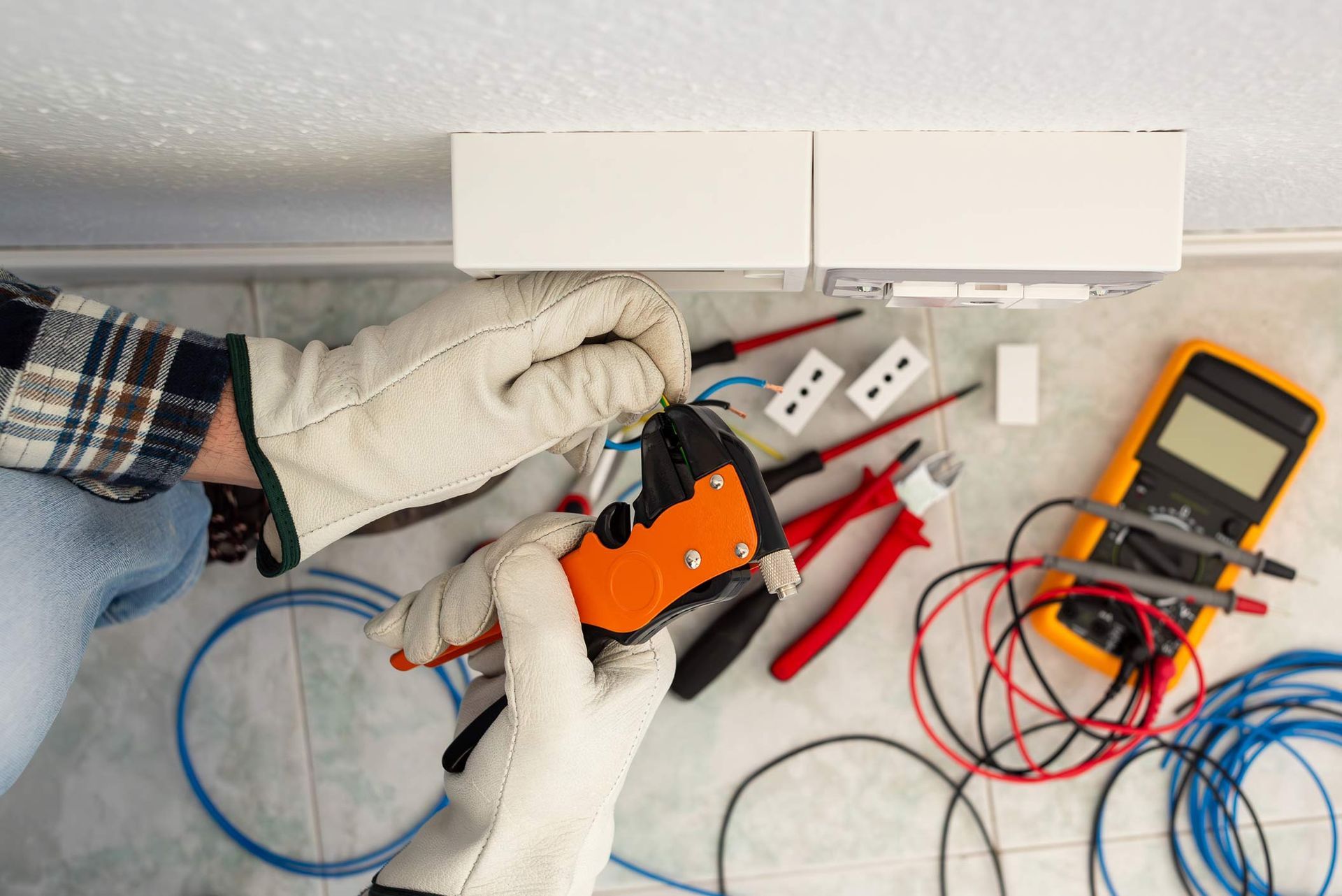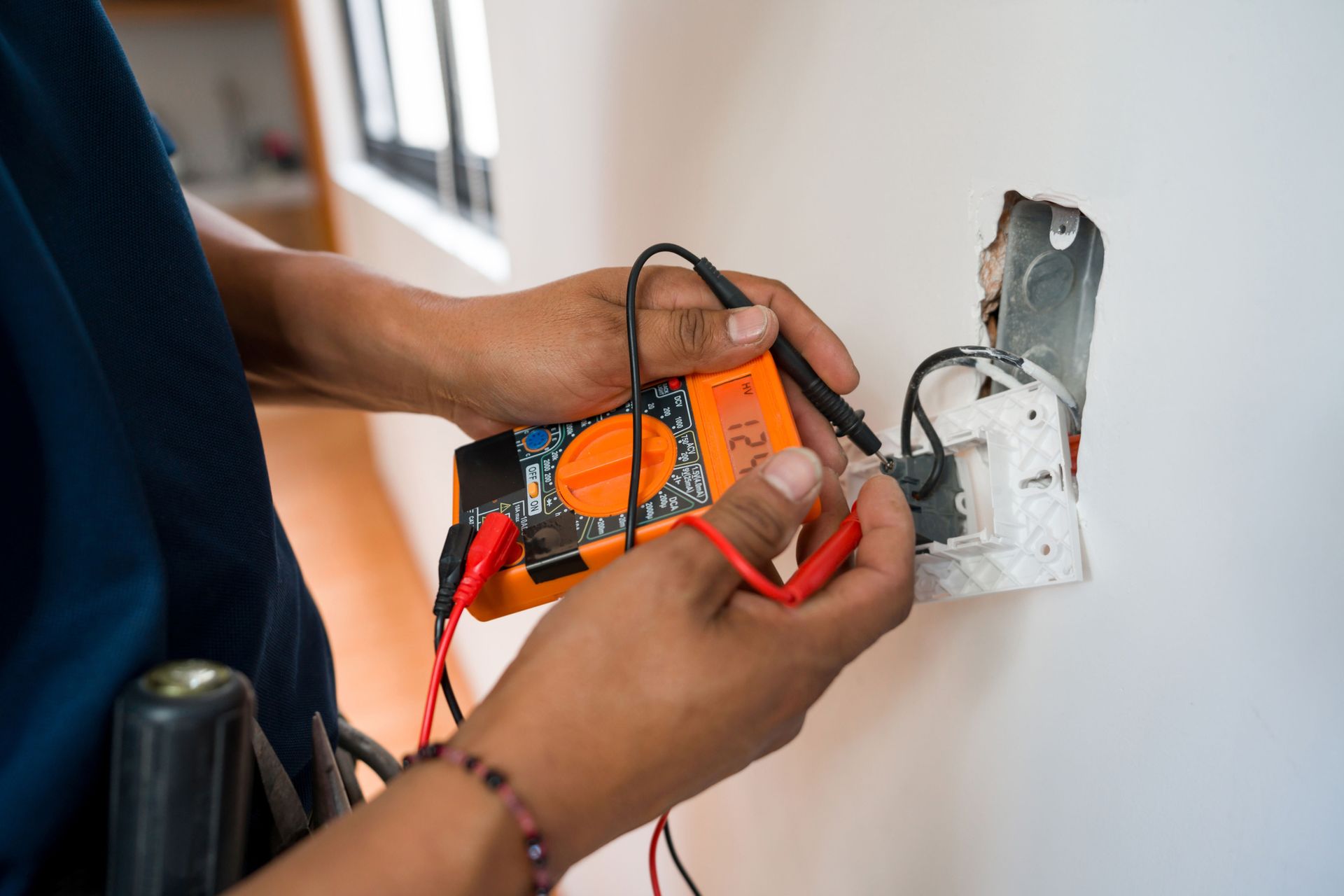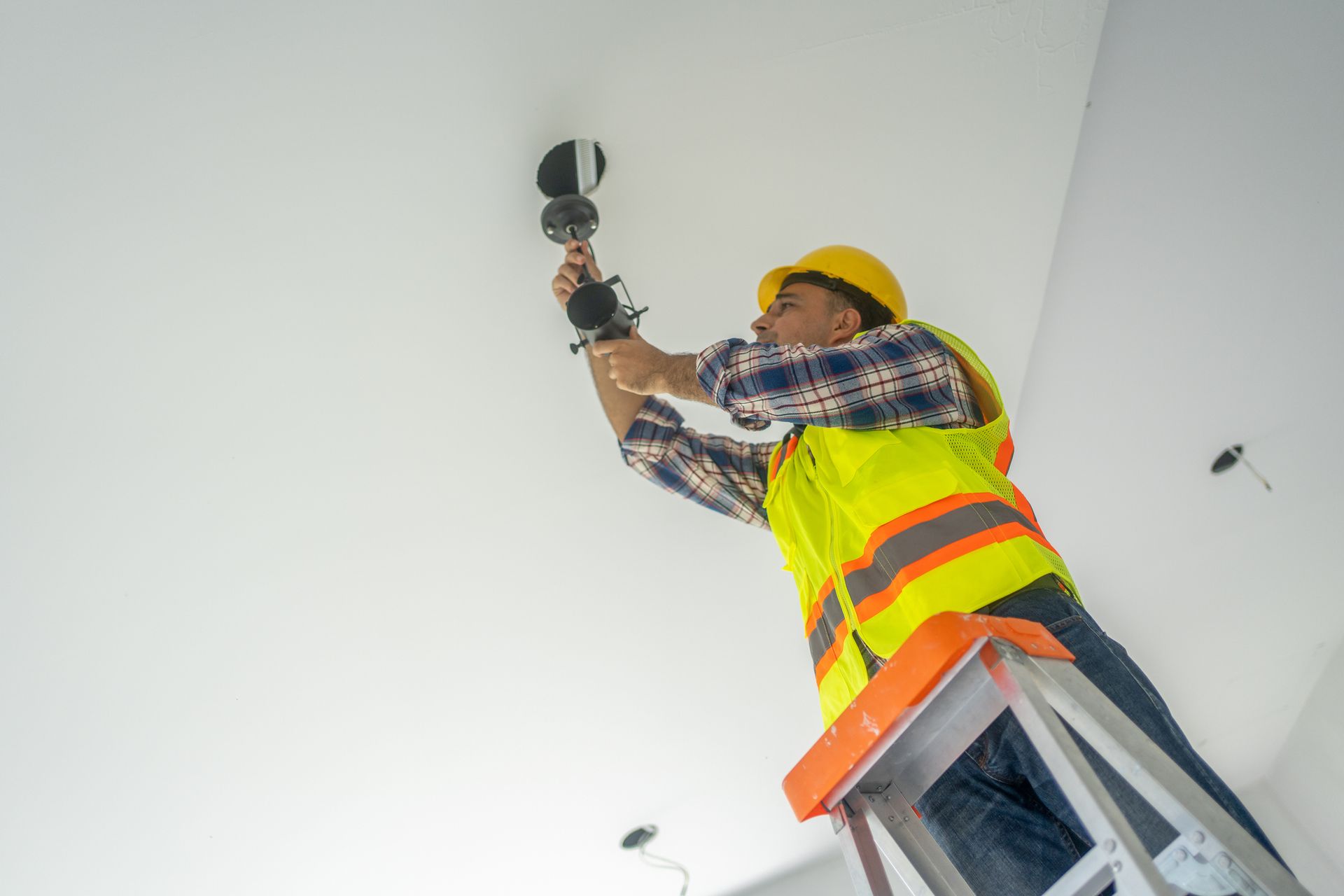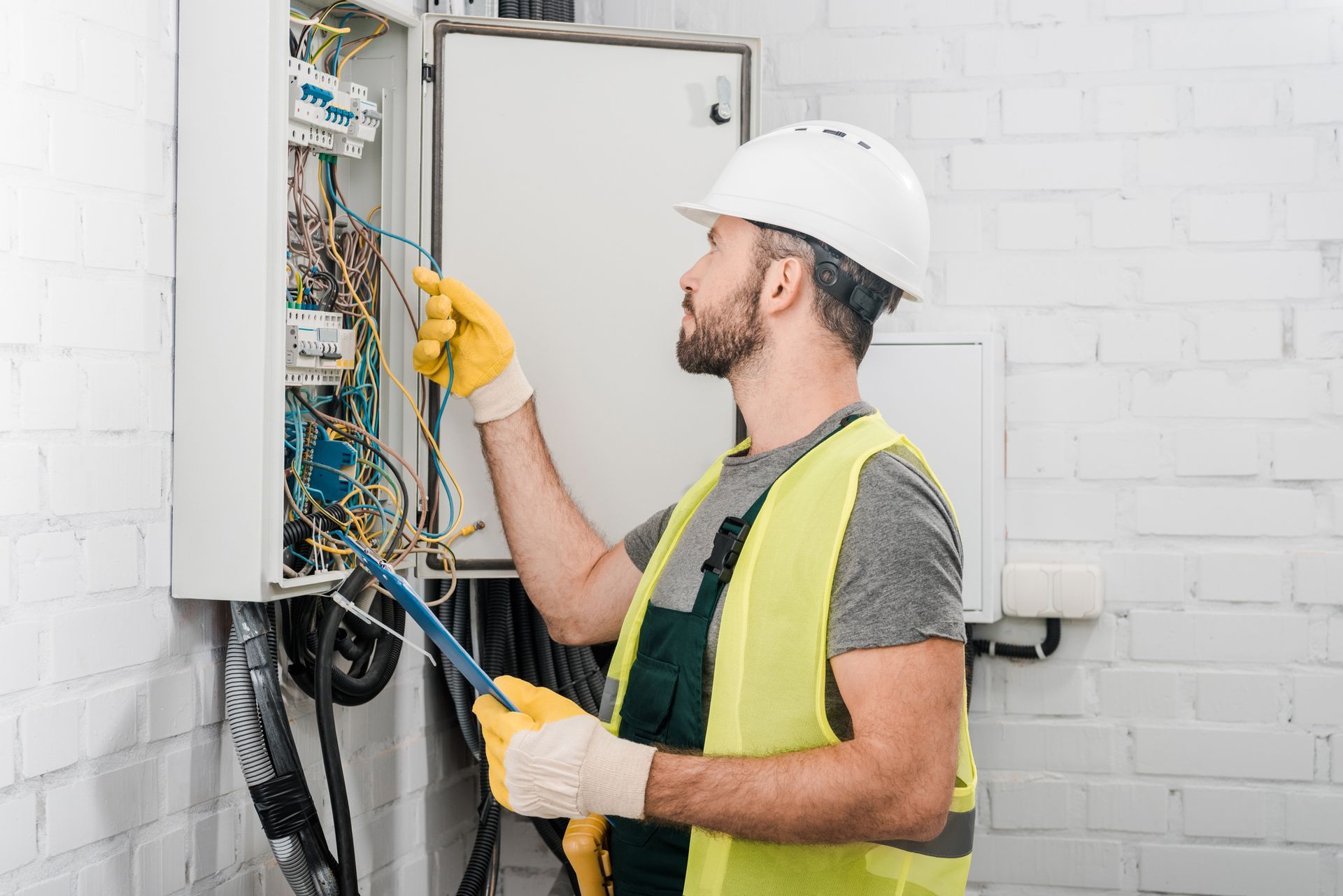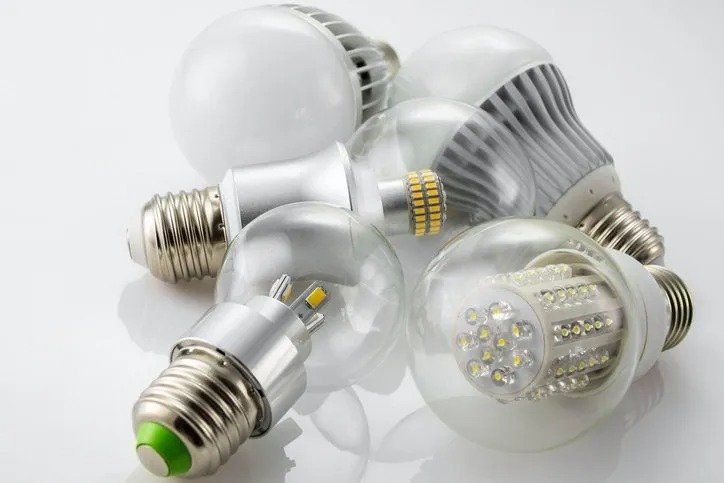5 ELECTRICAL UPGRADES TO CONSIDER WHEN REMODELING YOUR HOME
Admin • September 25, 2018
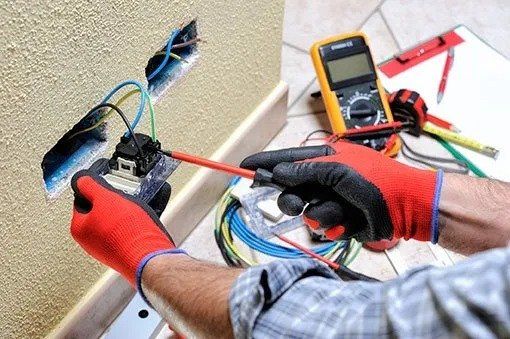
Remodeling a home often involves opening up walls and ceilings, and while the process can be messy, this may be the perfect opportunity to upgrade your home's electrical system. Updating the electrical system, especially in an older home, will pay for itself in efficient energy use and improved safety against electrical hazards. Electrical improvements can also boost your home's resale value.
Here are a few electrical upgrades that will deliver value for your money.
1. ELECTRICAL PANEL
The electrical panel is the main point through which electrical power from the utility company enters your home. The electrical panel has an average lifespan of 25-40 years, so you may need to replace it if you have an older home. Upgrading the panel can minimize the risk of electrical hazards, enable appliances to run at full capacity, and improve the quality of power delivered throughout the home.
Consider updating your electrical panel if:
- Your home is older than 20 years
- Your home has a fuse box instead of a modern circuit breaker
- The electrical panel trips often, smells, or is warm to the touch
- Your lights flicker frequently
- You are planning to add new appliances that may need additional electrical power
support modern electrical loads. On the other hand, a new panel can add 200 amps to your home, which should provide enough power for all your appliances.
2. WIRING
While updating the panel can solve many electrical problems, a new panel may not be very helpful if your home has faulty wiring. If your home is older than 40 years, you may need to install new wiring. Many older homes have aluminum wiring instead of the recommended copper wiring. With time, connections with aluminum wiring often come loose, which can cause overheating and electrical fires.
Your electrician will inspect your home to determine whether a complete rewiring is necessary. Sometimes, installing copper receptacles can resolve the problems associated with faulty wiring.
3. OUTLETS
Old outlets can damage your appliances and increase the risk of fire. Too few outlets can also be inconvenient, especially if your electrical power needs have increased.
If you are planning to add more appliances now or in the future, consider increasing the number of outlets during the home renovation process. This will eliminate the need for using multiple extension cords and power strips. Additionally, you should update broken and old outlets to protect your appliances against the dangers of arcing and sparking.
4. GROUND FAULT CIRCUIT INTERRUPTERS
Ground fault circuit interrupters (GFCIs) are necessary when upgrading outlets in the kitchen, garage, laundry room, bathroom, and outdoor spaces. In the event of a current leak or ground fault, GFCIs interrupt the flow of electricity, thereby safeguarding against accidental electrocution.
While GFCIs are standard in modern homes, these devices may be missing in older ones. Consider installing GFCIs if you have not upgraded your home's electrical system in more than 20 years.
5. CIRCUITS
But connecting too many appliances to one circuit can cause overloading and prevent these appliances from operating at full capacity. If yours is an older home with a single circuit, consider adding new circuits or subpanels to support additional appliances. Before installing a new circuit, your electrician will evaluate your current house load and the new load or appliances you plan to add to ensure that the total load will not exceed your service rating limits.
The focus of your renovation project might be on the aesthetic aspects of your home. However, upgrading your electrical system at this time makes more economic sense than pushing the electrical work until after the renovation is complete.
If you are looking for a reliable electrician in South or North Florida, you can trust the experts at Langer Electric Service Co.
Call us today for all your electrical upgrades.

